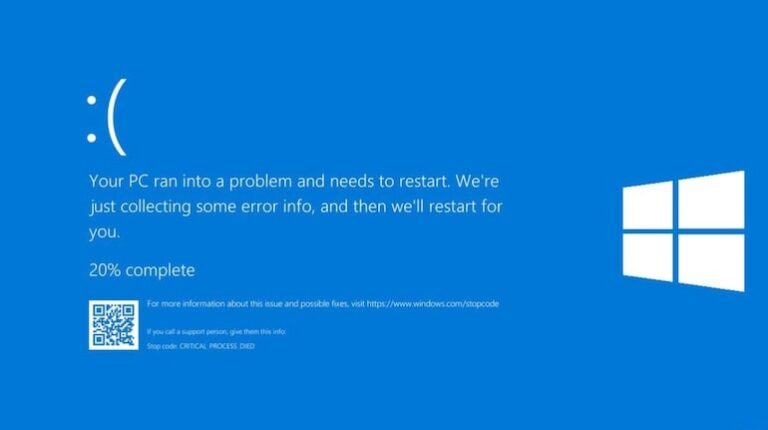The Connection Deception | CIO Africa
The ICASA 2016 Numbering Plan Regulations prohibit the use of mobile phone number ranges such as 082, 083, or 072, for example, for fixed-location services such as call centres. The cost of contravention is as high as R3 million per infringement. Yet, South Africans are enduring a radically increased volume of spam calls and a large percentage of these are from mobile numbers. These call centres are using prepaid SIM cards which have unlimited calling bundles or they’re spoofing mobile numbers to increase their answer rates. Calling back is impossible and reporting them pointless – the numbers are swapped when they’re flagged for abuse.
This practice is effective. Call centres adopting these tactics have a 69 per cent connect rate compared with the 29 per cent for landlines. This is an important metric because every connection has an impact on the number of leads generated and each lead rolls through to potentially successful sales. At a time when the economic situation is challenging, it’s understandable that companies are opting in despite the reputational and financial risks. Currently, the fine is the only real ramification faced by these companies, and a R3 million fine after generating potentially R50 million in revenue is just a drop in the proverbial ocean.
While regulations and rulings must change to become even more onerous and rigorous, particularly to protect consumers from the onslaught of spam calls, companies have a choice to opt into a more ethical approach. An approach that minimises the impact of spam on their customers and stands in line with the work that organisations like the Internet Service Providers’ Association (ISPA) and Vox are doing.
In April, ISPA asked the Independent Communications Authority of South Africa (ICASA) to take ‘firm action to prevent the unlawful use of mobile numbers by call centres operating from fixed premises.’ The company is advocating for the use of legitimate, assigned geographic numbers, supported by ISPs that have a vested interest in protecting consumers and the industry.
This is not good practice. Not only does it place an additional burden on the consumer, but it is affecting those who adhere to good practice standards. Companies playing by the rules are not just falling behind but are being tarnished by the same brush – irritated consumers refusing to engage because they’re on their tenth spam call of the day.
Change must come from the brands. Adopting ethical best practices with service providers that align with regulations and prioritise brand reputation is the right way forward. It is also the way forward that ensures brands will be on the right side of change when the ramifications of going against regulations become increasingly onerous. They won’t need to adapt their systems or find new ways of managing their contact centre processes because they’ll already be ahead of the curve.
For industry leaders, like Vox, taking a stand now is essential. Trusted service providers ensure companies are not exposed to any contravention of numbering or calling practices, offering value for money and contact centre support services that are designed to enhance success rates without compromising on reputation or risk. Choosing to work within a contact centre environment that’s aligned with the law means your business is safeguarding your brand and sustainability.
While the mobile numbers do a lot of talking, so do customers, and as word of mouth about poor practices spread, companies that stay on this side of the thin blue line are the ones that will thrive.
This article was written by Natalie van der Merwe, Head of Telephony and Andrew King, Head Voice, Visual Comms & Microsoft at Vox.








